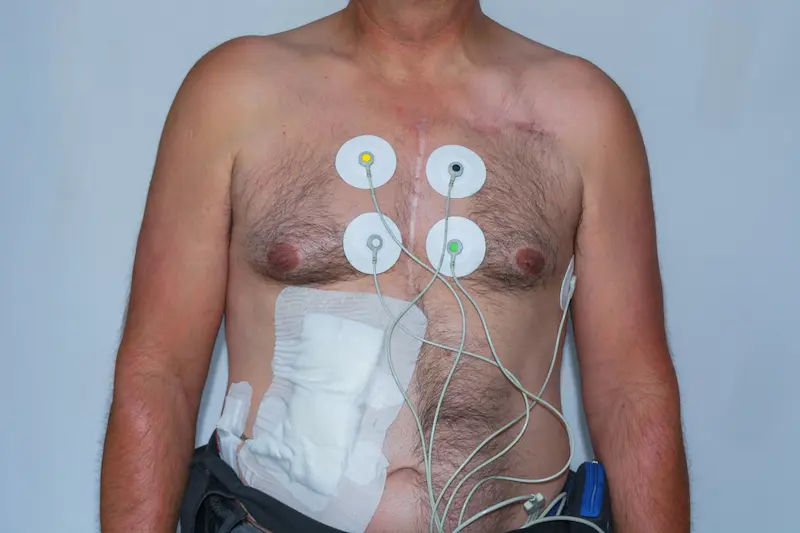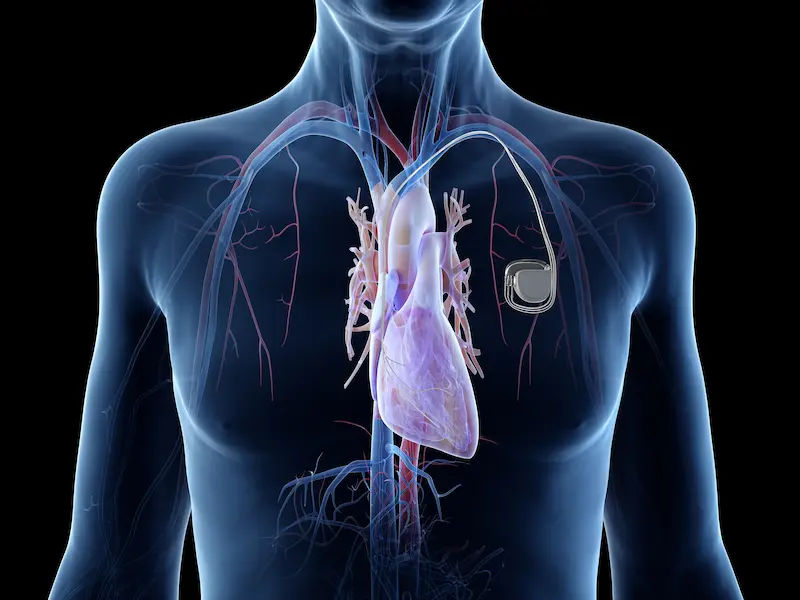- Male
- 65 Years
- 07/02/2025
I'm really worried about what to do if someone suddenly has a heart attack. Could you tell me what essential medicines should be given right away or what things we should always have at home just in case?
Answered by 1 Apollo Doctors
In case of a sudden heart attack, it is crucial to act quickly. The most important medication to have on hand is aspirin. It is recommended to chew and swallow one full-strength aspirin (325mg) as soon as a heart attack is suspected, as it can help prevent further blood clotting. Additionally, nitroglycerin can be helpful in relieving chest pain during a heart attack. If the individual experiencing the heart attack has been prescribed nitroglycerin in the past, they can take it as directed by their healthcare provider. It is also important to have emergency contact numbers readily available, such as 911 or local emergency services, in case immediate medical attention is needed. Regularly checking and maintaining an automated external defibrillator (AED) at home can also be life-saving in such emergencies. Remember, quick action is crucial during a heart attack, so it is important to seek medical help immediately.
Dr. Anshul Suggests...
Consult a Cardiologist
Answered 04/07/2025
0
0

More Cardiology Health Queries
View allMy father was just diagnosed with angiography and the doctors are suggesting an early CABG. I'm really worried and want to find the best hospital in Bangalore for this heart surgery can you help me figure out where to go?
yes ,cabg advised at apollo hospital.
Answered by 1 Apollo Doctors
I'm getting ready for my aviation medical, and I had an ECG done. The report showed ST segment elevation in the anterior, large T waves, and it said "borderline ECG." I'm 20 years old, weigh 82kg, and I'm 176cm tall. Should I be worried about any of these findings? What do they really mean, especially with my age and size?
Based on the ECG findings of ST segment elevation (anterior), large T wave, and borderline ECG, along with your age, weight, and height, it is important to further evaluate these findings. These ECG changes could indicate various conditions such as myocardial infarction, myocarditis, pericarditis, or other cardiac issues. I recommend consulting with a cardiologist for a thorough evaluation and appropriate management. In the meantime, it is important to avoid strenuous physical activity and follow a heart-healthy diet. Medications such as aspirin, nitroglycerin, and beta-blockers may be prescribed based on further evaluation by your cardiologist.
Answered by 1 Apollo Doctors
I had an ECG a couple of months ago, and it turned out fine. I'm wondering how often I should have another ECG as part of my routine health check-up. Is there a recommended timeline for this?
get it done once in evey 6 months for your confirmation
Answered by 1 Apollo Doctors
Disclaimer: Answers on Apollo 247 are not intended to replace your doctor advice. Always seek help of a professional doctor in case of an medical emergency or ailment.


_3.webp)


